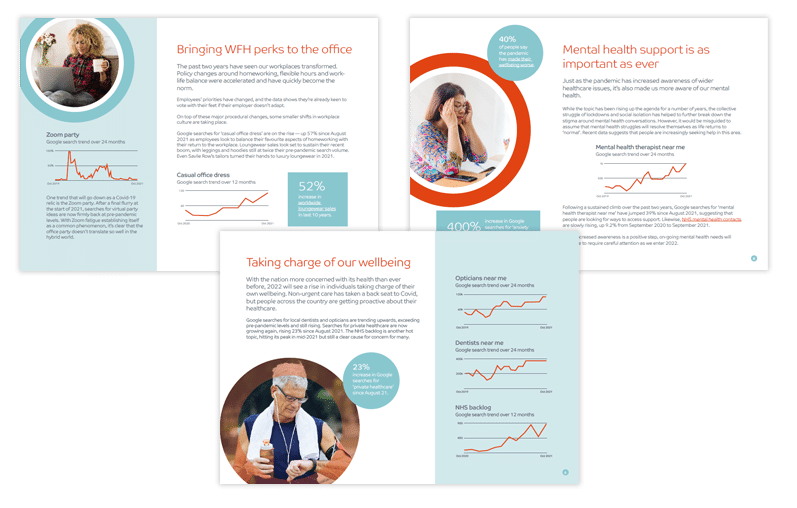Almost two years on, the pandemic continues to be an ever-present influence on our daily lives. Alongside wider societal changes, individuals report on-going challenges including heightened anxiety, demanding caregiving commitments and a post-viral syndrome known as ‘long Covid’. Chief among the symptoms of long Covid for many is extreme fatigue.
In a world of constant uncertainty, it’s not surprising that many people are feeling tired and emotionally exhausted, but for those struggling with the after-effects of Covid infection, fatigue symptoms can be debilitating.
Increased awareness of long Covid has brought fatigue and other post-viral effects to the forefront of healthcare conversations. As research continues to shape our understanding of illness and recovery, including post-viral syndromes, employers will be expected to have clear systems in place to help their people cope.
Watch a summary of this blog
What is long Covid?
Symptoms of post-Covid syndrome, or ‘long Covid’ will differ greatly from individual to individual, and may include tiredness, headaches, dizziness, trouble concentrating, muscle pain and even heart palpitations. The severity of these symptoms can vary from day to day, making it difficult to manage the condition.
How can employers support those with long Covid?
What people need most is to be heard, and for their individual needs to be understood. This requires managers to build strong relationships and encourage employees to communicate openly about their health needs so they can better understand how to support them.
People experiencing fatigue may find their energy levels are different each day, and employers must remember that employees will have ‘energy needs’ at home as well as work. In practical terms this means that if an employee expends much of their energy on an intense work project, they may struggle to manage essential activities such as cooking healthy meals or tidying their home. This will inevitably impact their overall wellbeing, draining their energy levels further.
Managing workloads around fatigue
Rather than setting a target based on working hours or productivity, people managers should focus on realistic planning and pacing of activities. The NHS provides guidance for Covid recovery based around the 3 P’s Principle: Pace, Plan and Prioritise. Managers should familiarise themselves with this advice and proactively communicate with employees about their individuals needs and experiences.
HR teams are well-acquainted with the phased return to work, but fatigue in this context requires a more adaptable approach. For many, living with fatigue is not a pathway to recovery, but rather an on-going process of managing symptoms and adapting daily tasks as best they can.
With an increased focus on communication and understanding, employers may find this flexible, employee-led approach to wellbeing support serves as a valuable blueprint for wider workplace culture change.
Read more about wellbeing in 2022
Long Covid is just one key wellbeing theme for employers to consider in the new year. For an overview of our findings from the past year and further advice on supporting your people as we enter 2022, download our free Wellbeing Trends 2022 report. The report predicts some upcoming changes to workplace wellbeing, including the growth of health awareness, the impact of hybrid working and the importance of managing behaviour change.
